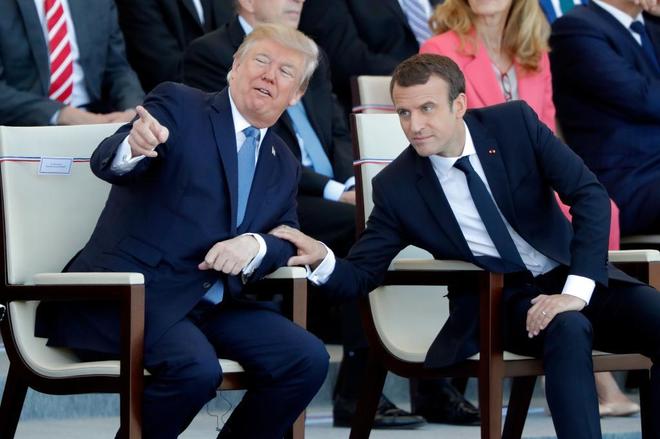
G-20 and North Korea: What Should We Do about This Stalemate?
Leaders from Japan, the United States, South Korea, China, Russia and other participating nations held several separate talks concurrent with the summits. Japan and the U.S. used the series of summit meetings as an opportunity to come up with strategies to strengthen the pressure on North Korea, putting their heads together with the leaders of other involved nations.
But in fact, there was clear discord among the G-20 nations, and they could not create a unified response to the issue. Rather, their anti-North Korea countermeasures were at an obvious stalemate.
The biggest reason for this is that there is a gap that has not been bridged. On one side is the “pressuring faction” that insists on putting the most pressure possible on North Korea. On the other side is the “discussion faction,” which stresses the importance of talks in order to ease tensions.
Japan's Prime Minister Shinzo Abe and the United States’ President Donald Trump, who advocate pressuring North Korea, met for separate talks with China's Xi Jinping and Russia's President Vladimir Putin, who want to address the issue through dialogue. Abe and Trump had hoped for an agreement to clamp down on North Korea, but did not get a favorable response.
Initially, Trump sought to make China strengthen sanctions against North Korea and to withdraw concessions. This was ineffective and worsened China's dissatisfaction.
On the other hand, China and Russia proposed that the United States and South Korea stop large-scale military exercises in exchange for the cessation of North Korea's nuclear development.
In order to solve the problem of nuclear missiles in North Korea, denuclearization must be the final goal. It is essential that Japan, the United States, South Korea, China and Russia cooperate to run through possible scenarios: at what stage should we open a dialogue? How should negotiations proceed? And what sort of crisis management should we establish in case of an accidental discharge?
Though it is easy to blame China or Russia for the current stalemate, that will not solve anything. If we look at the Trump administration's unclear diplomacy in Asia, it seems like now is the time for Japan to play a part in creating these scenarios and coordinating between nations.


